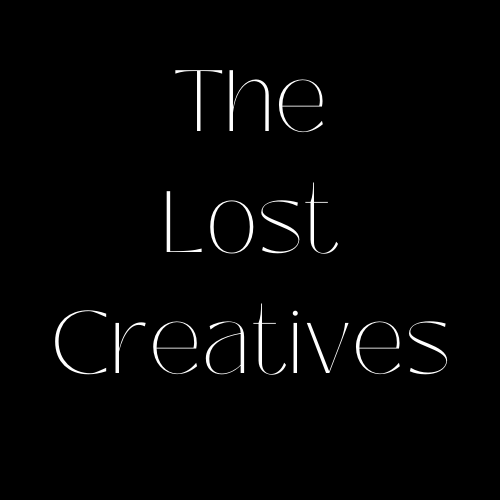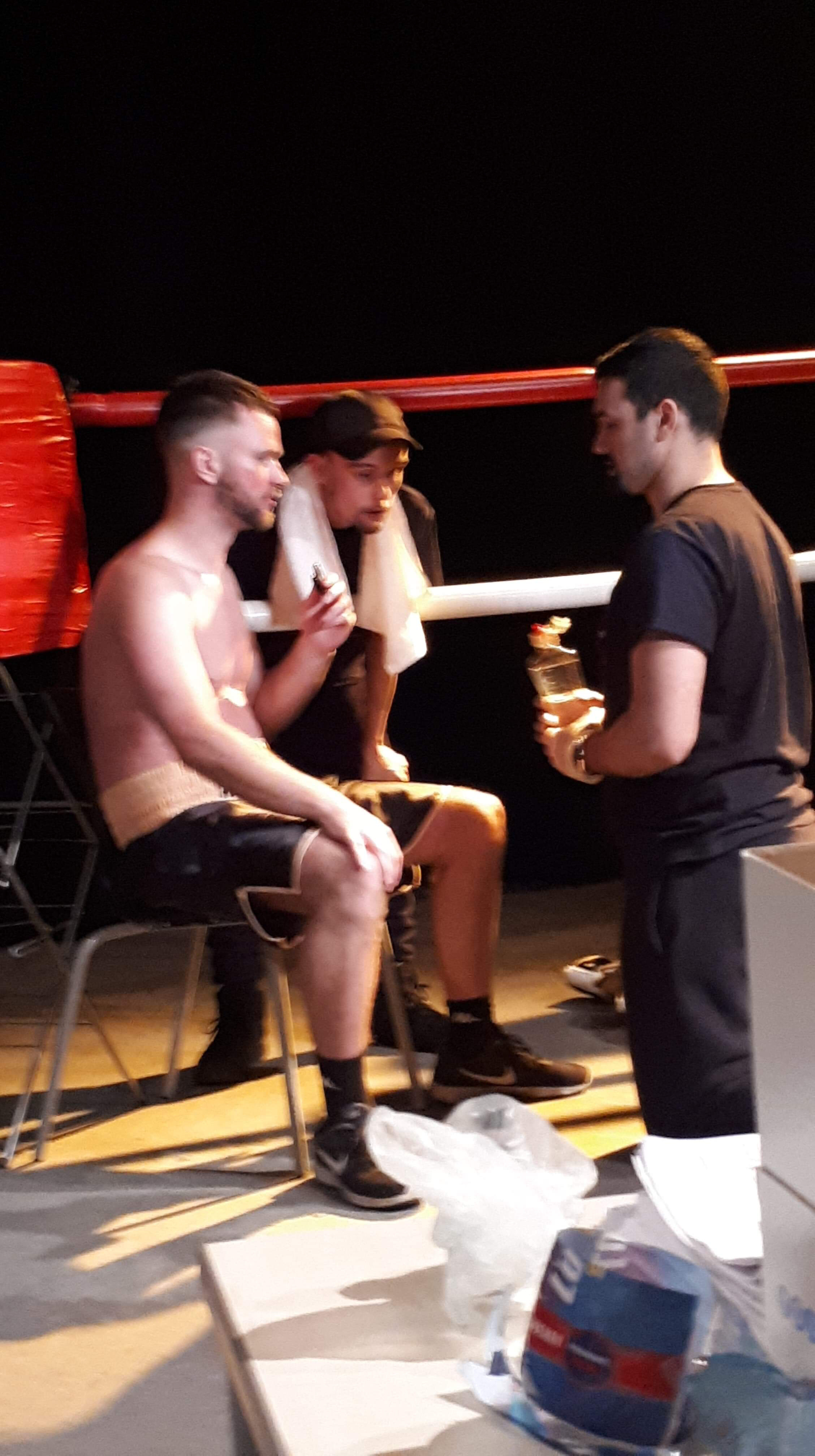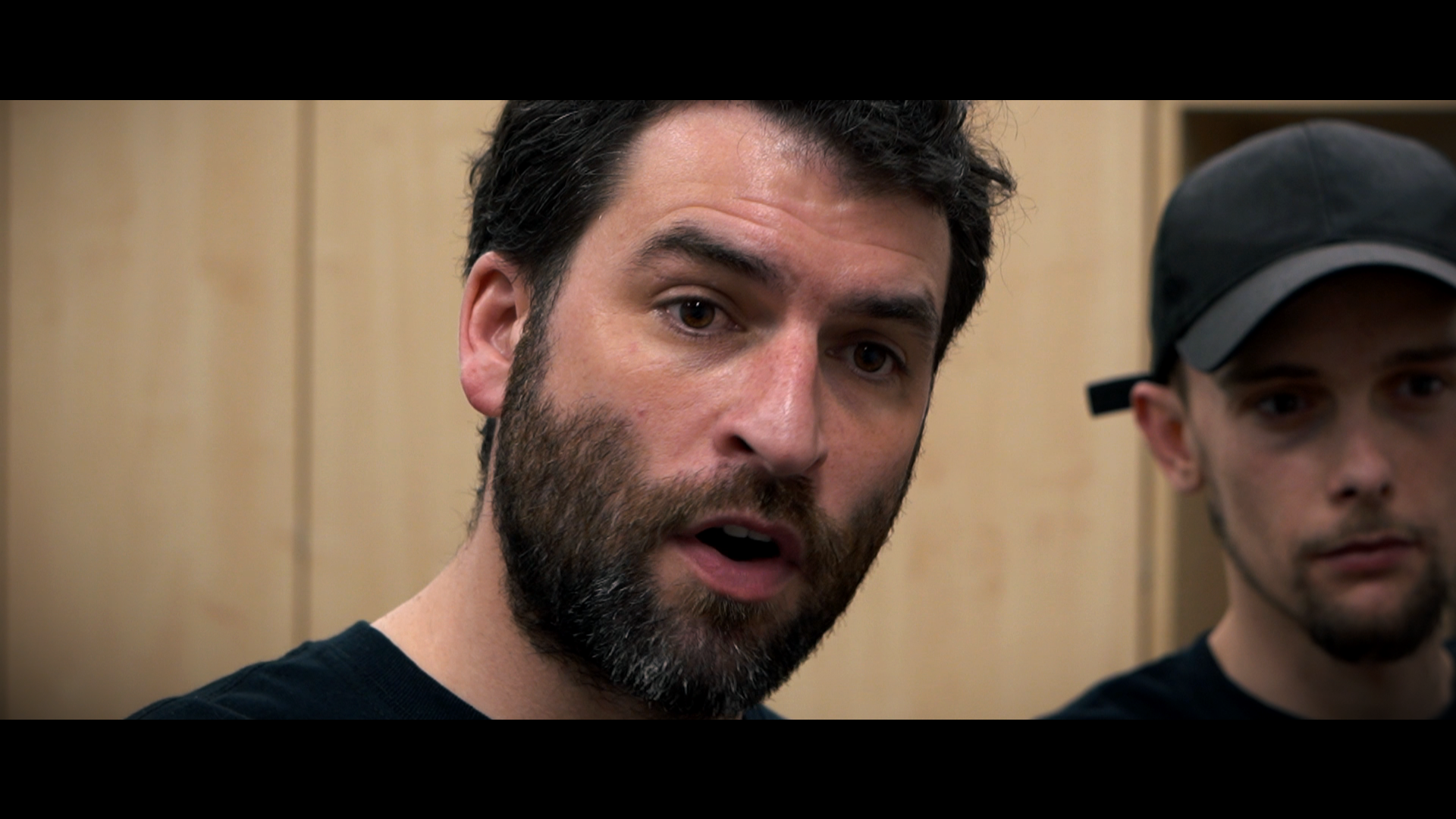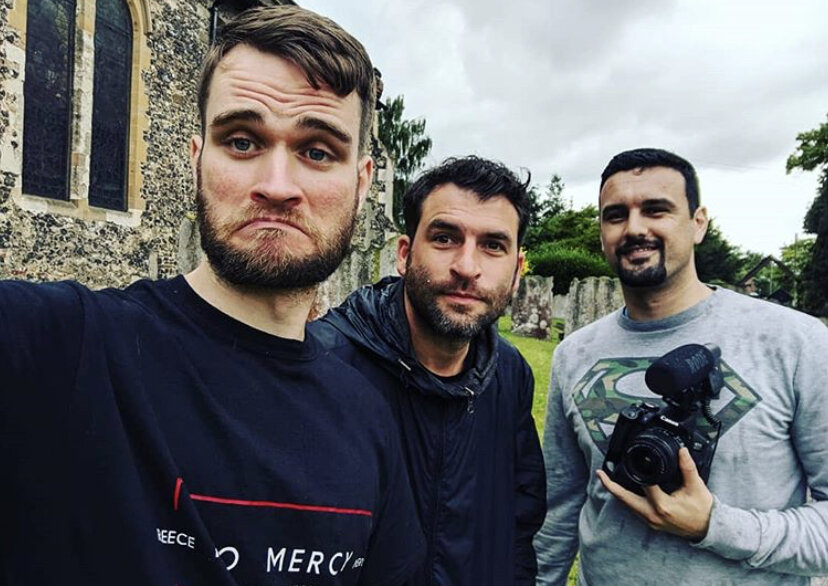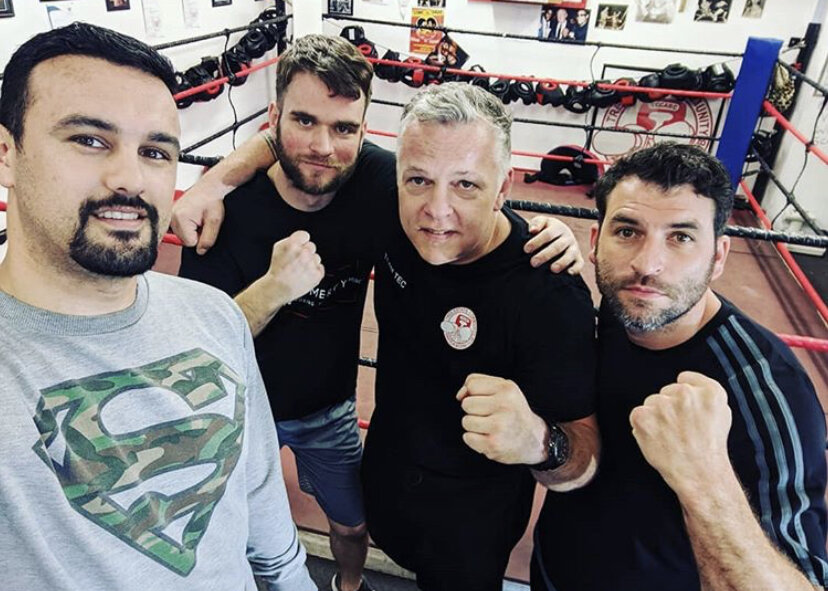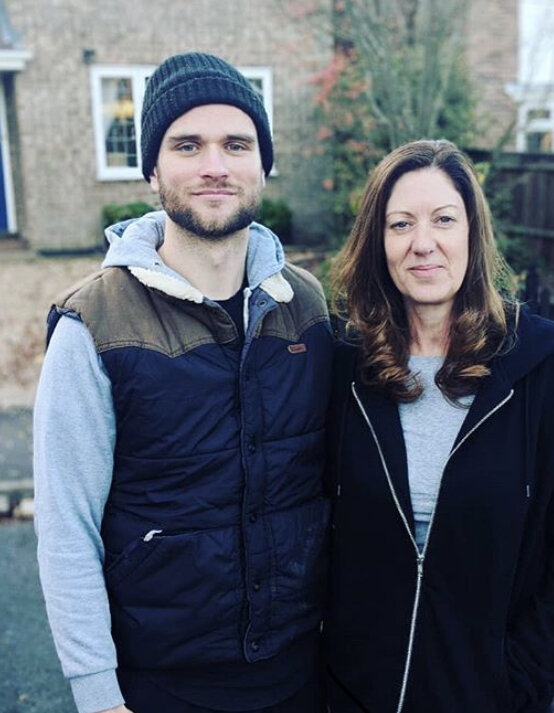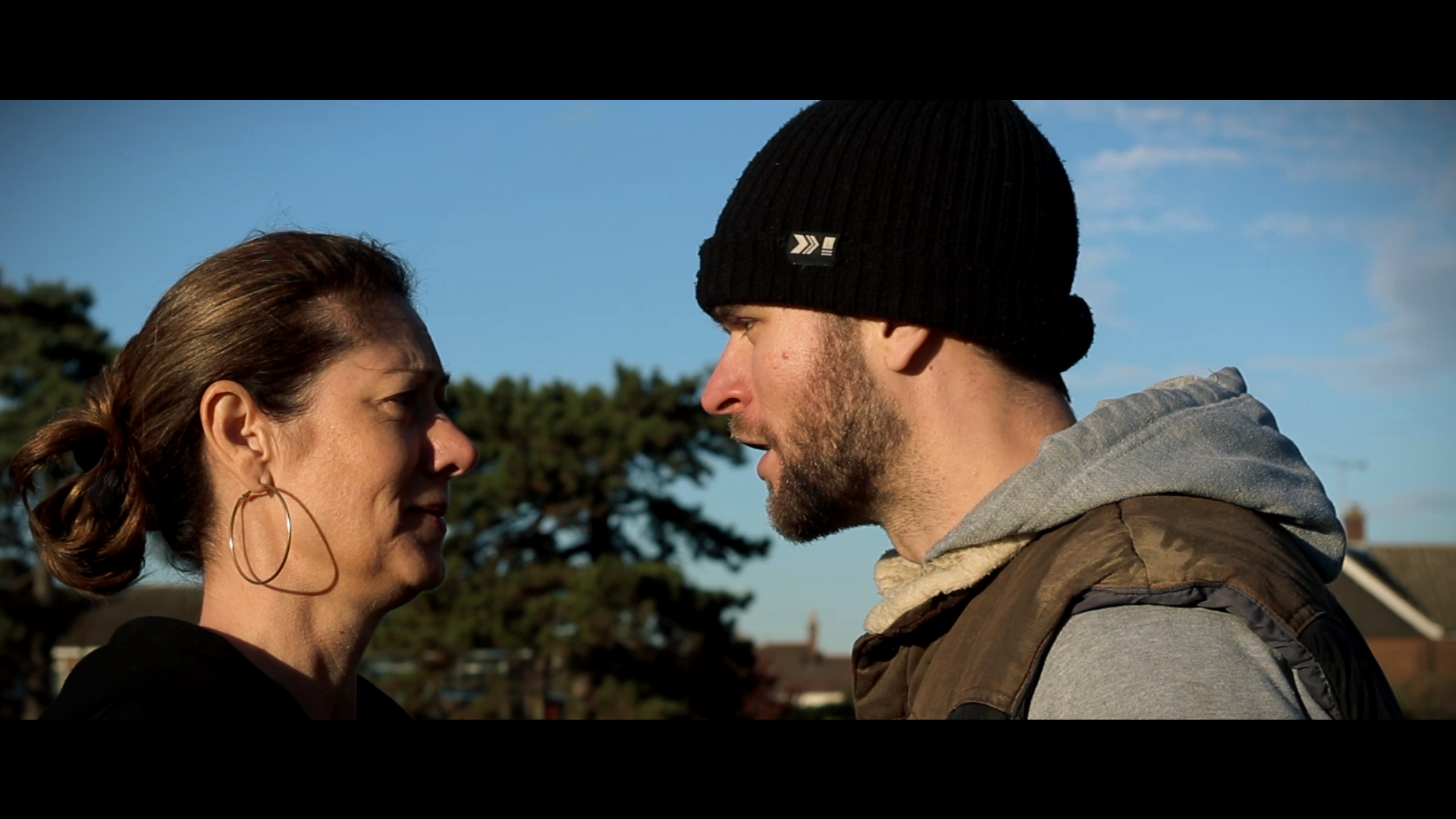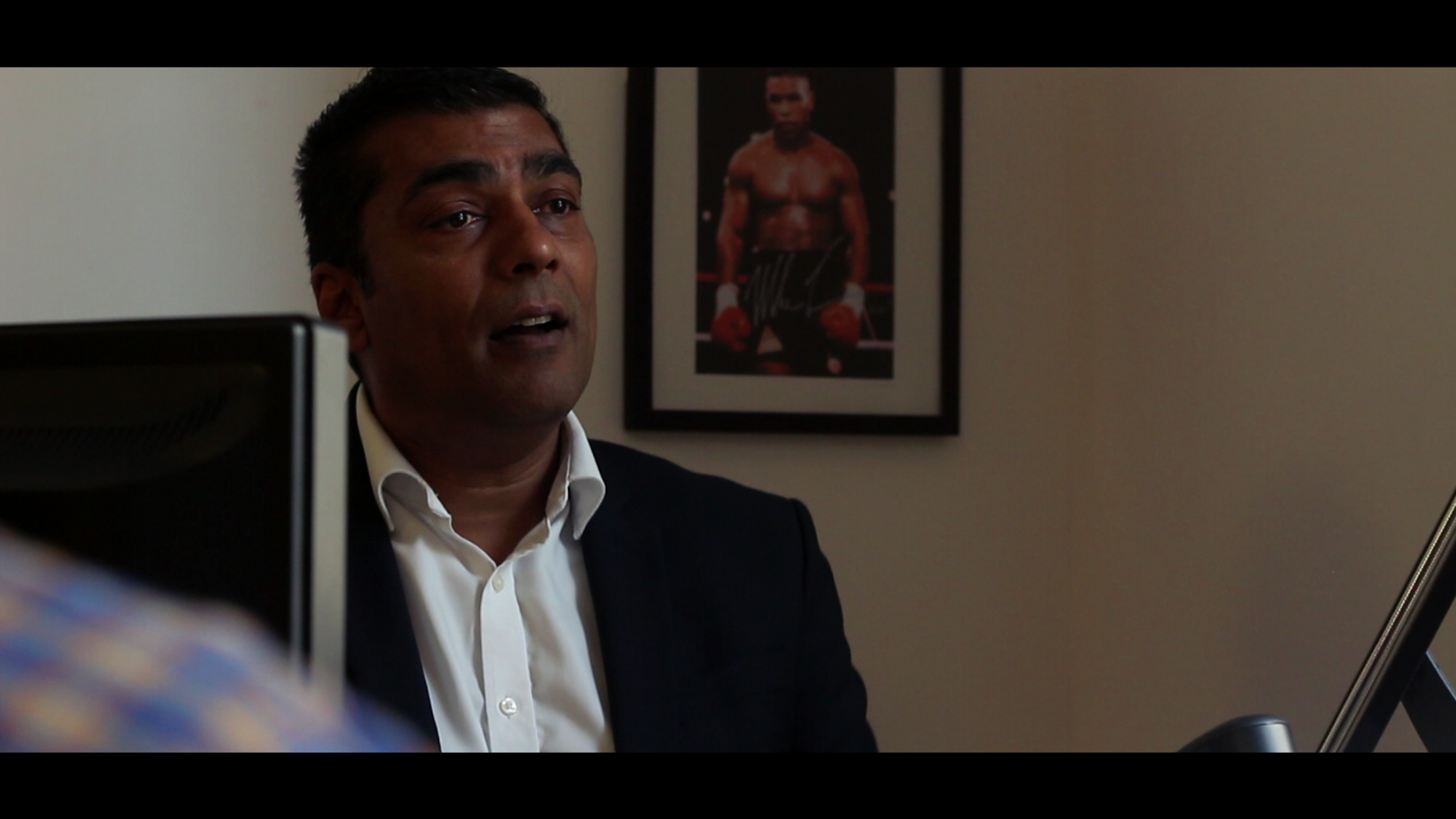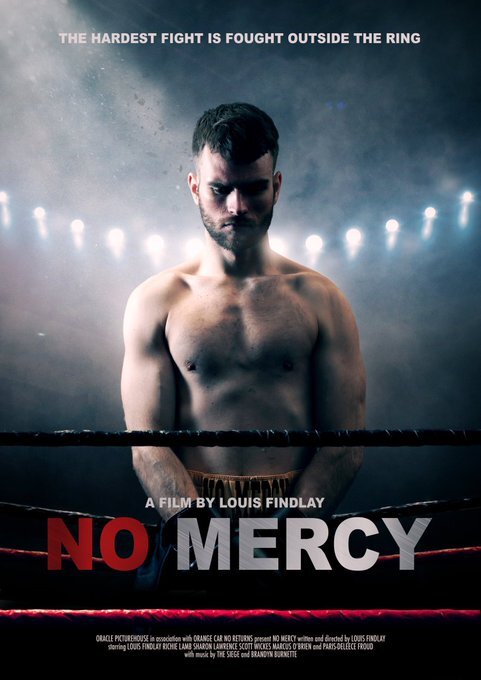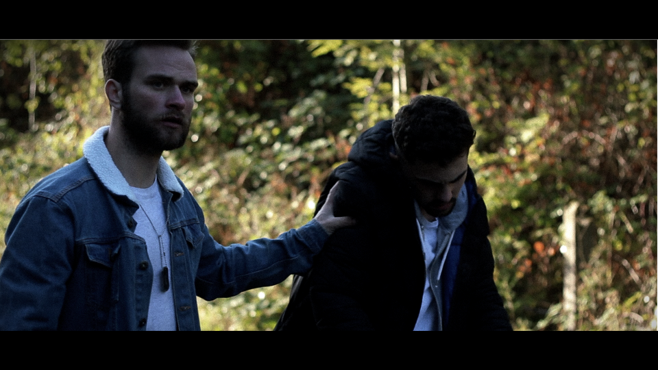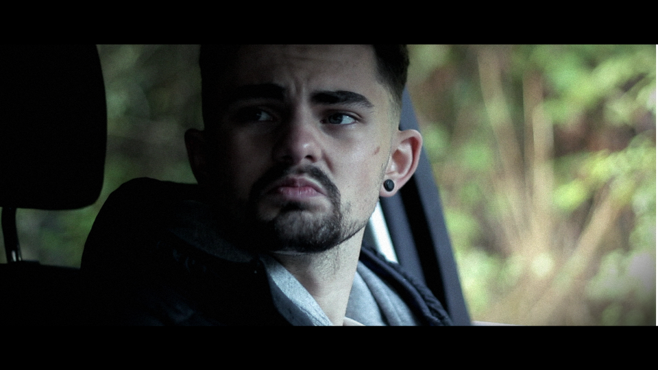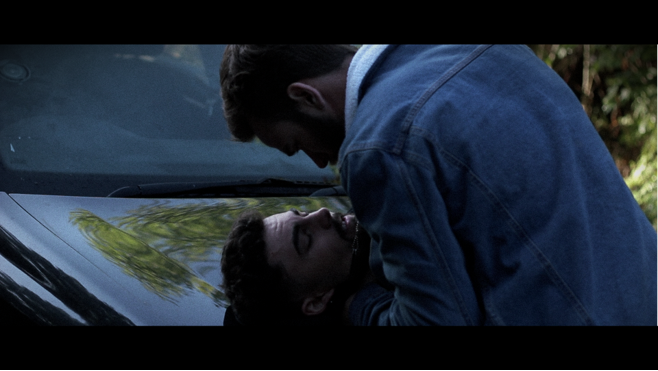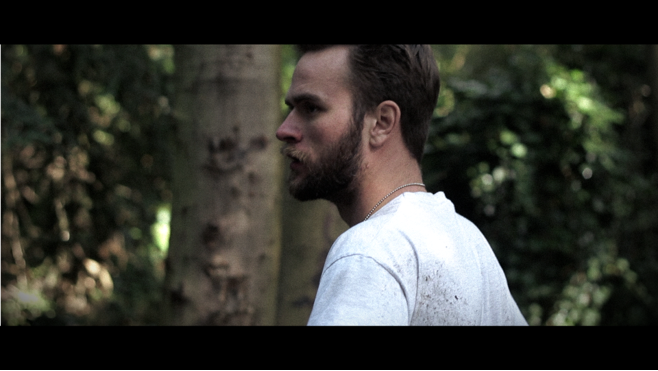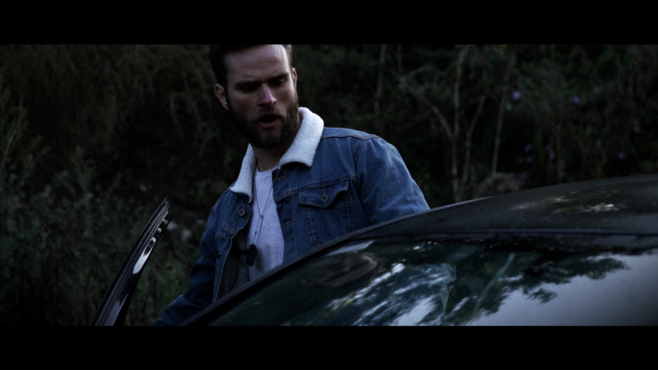When it comes to indie film the process can be arduous and full of obstacles but the outcome is worth every step. Tackling not just acting but producing, directing, and more we talk to Louis Findlay about his latest film No Mercy, a film about the darker side of boxing, taking the gloves off and looking at it from a different angle.
Filming a project on this scale is a big undertaking, what have been some of the challenges you have faced in the process and how did you overcome them?
The biggest challenge for this project was money. I must have spent around £2,000+ on the project which is all I could really afford. Most of it was my own money and then the rest was via GoFundMe. The way I overcame potential challenges prior to filming was by writing locations I knew I had access to and casting friends I had worked with before. Then it was literally asking a LOT of favors from everyone else. One challenge I wasn’t prepared for was COVID. We literally had the training montage to film which is one of the most important scenes in any boxing movie, so we couldn’t wrap it till we shot that but no one knew how long lockdown would last. I felt about pulling the plug on this project so many times when the going got tough, but I just had to fight my way through it (no pun intended)
The style of the film is very close to the docudrama or docusoap style, do you think that will change how people will look at the film and the people involved?
Yeah, I hope so. The main focus was about making these characters feel real and forget people are actually playing these parts. I wanted to show this working-class family who are incredibly close, who have had their ups and downs and a fair share of family drama but at the end of the day, you can relate and fall in love with them. I wanted it to feel natural and I think the visual style really helps to sell that. THAT and the fact everyone just bossed their roles.
What was the motivation for this project in particular the look at boxing and the behind the gloves side of the business?
My dad used to box back in the day, not professional but had a few bouts. He tried getting me to do it as a kid but I felt bad hitting people in the face. I have fond memories of his Mike Tyson VHS tapes on the shelf (which eventually made their way to the loft. Dad and I watched them a few times when I was a kid and I thought it was pretty cool but had no interest in pursuing it other than working the bag and pads in the gym as I got older.
But I think what makes any boxing film great is the story outside the ring, I think southpaw is a great example of that because he’s fighting for his daughter, not about being champ. For my film, I wanted to focus on the darker side of boxing which is reflected in some of the dialogue and the way the promoter goes about business. I took a lot of inspiration from DareDevil, between a prize-fighting father and a son who looks up to him, but behind the scenes the promoter is dodgy. I also threw a lot of personal stuff from my childhood into the project too.
There have been many who have taken the step over the line from actor to director/producer and worked both sides of the camera. Do you think this is something you will continue between acting jobs as a means to not only showcase your own concepts but to create opportunities for others in the creative fields?
Absolutely, 100%. I had no idea how to get into the acting business when I left school so I started making my own films. In essence, I’ve learned other skills along the way by doing that such as writing and learning how a camera works. But I’m very much a person who can’t sit still, I don’t wait for the grass to grow and if no one is going to give me the roles I want then I’ll go out and get them myself. I could’ve been waiting years for a role like this and it may have never come my way. I think it’s so important for actors to make their own work and if I can help others out along the way and offer opportunities in front or behind the camera then that’s what I’ll continue to do!
What is next for you and your team? Do you have any projects in the works that you can tell us about?
Yes, I’ve got a micro shortcoming very soon that we shot on the sky in Trafalgar, a short film called RoadKill that I had hoped to turn into a feature and a drama coming very soon which is about a man confronting someone from his past revisiting some disturbing memories. I have also just written two new features.
What advice would you offer to someone starting their journey as a filmmaker and actor?
As I said, don’t wait for the grass to grow. It is so easy to make a film nowadays, we all have a camera in our pocket so just write something and film it. Find like-minded people who can help you and if you’re really nice to people they’ll go out of their way for you. If you don’t ask, you don’t get - simple!
*I would like to add a huge thank you to everyone involve and in particular Marcus O’Brien, Brandon Bailey, Dan brooks, Richie lamb, Gerard, and Keith Scott.
To learn more about the film or the team see:
